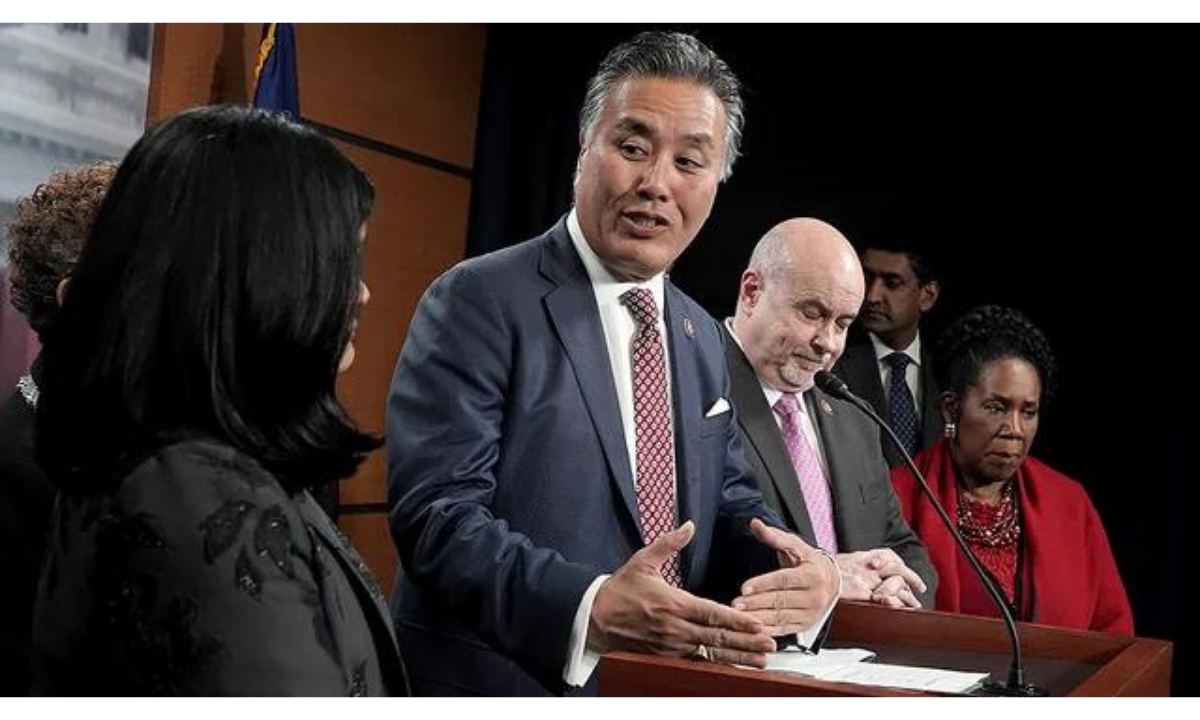Written by Bobbie Wylie
A bill proposed by U.S. Representative Mark Takano (D-Riverside) aims to shorten the workweek from five days to four. Takano claims that the pandemic has emphasized the fact that many people spend more time at work than with family and friends. Takano says The 32-Hour Workweek Act is supported by the 96-member Congressional Progressive Caucus.
“After a nearly two-year-long pandemic that forced millions of people to explore remote work options, it’s safe to say that we can’t – and shouldn’t – simply go back to normal, because normal wasn’t working. People were spending more time at work, less time with loved ones, their health and well-being was worsening, and all the while, their pay has remained stagnant,” said Congressman Takano, who introduced the legislation. “This is a serious problem. It’s time for progress and I am confident that with the CPC behind this bill, we can take meaningful steps forward and create positive, lasting change in people’s lives.”
The 32-Hour Workweek Act would require overtime pay to start at 32 hours worked in a week, as opposed to the standard 40 hours. Rep. Pramila Jayapal, Chair of the Congressional Progressive Caucus, said, “For far too long, workers across this country have been forced to put in longer hours as their wages barely budge. It is past time that we put people and communities over corporations and their profits — finally prioritizing the health, wellbeing, and basic human dignity of the working class rather than their employers’ bottom line. The 32-hour workweek would go a long way toward finally righting that balance.”
Critics of the legislation say that not all businesses would be able to handle the loss of worker hours. Concerns have also arisen that the proposal could destabilize the U.S. economy by putting pressure on businesses.
The legislation is still awaiting a vote.
Photo Cred: Greg Nash/ The Hill




